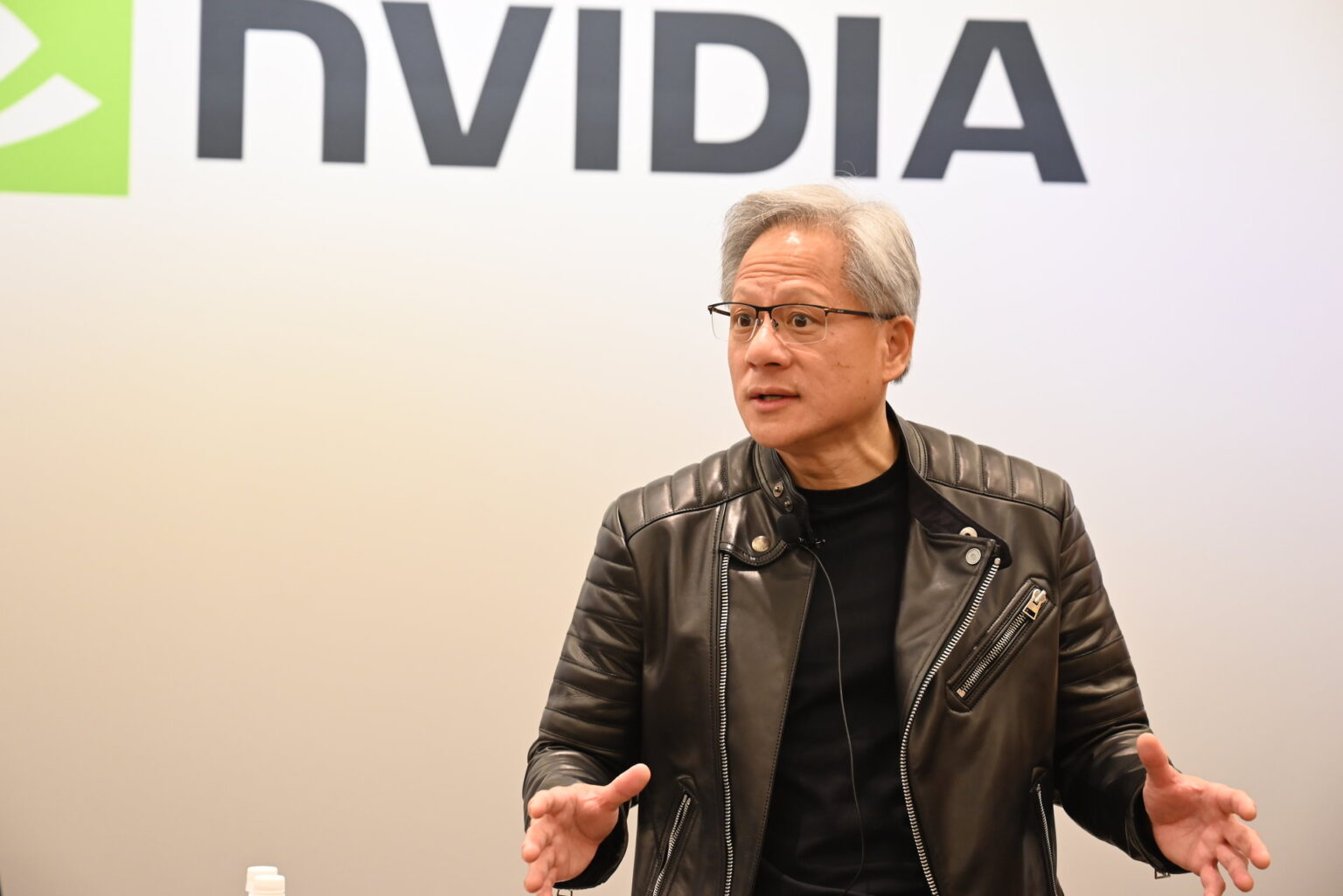At CES 2025 in Las Vegas, Nvidia’s CEO Jensen Huang unveiled a slate of transformative technologies poised to redefine gaming, robotics, and artificial intelligence (AI). From introducing groundbreaking AI-powered GPUs to revealing the company’s first-ever desktop computer, Nvidia reinforced its position as a leader in both consumer and enterprise tech.
One of the keynote highlights was Nvidia’s Cosmos Foundation models, a pioneering tool designed to generate photorealistic video to train robots and self-driving cars. This synthetic data, created by simply providing text descriptions, mimics real-world physics, significantly reducing the cost and complexity of training AI systems.
Unlike traditional methods, which require extensive data collection, Cosmos allows developers to simulate scenarios that obey physical laws. “We hope Cosmos will do for robotics and industrial AI what large language models like Llama 3 have done for enterprise AI,” Huang said.
Available under an open license, Cosmos aims to democratise robotics and industrial AI development. However, some analysts remain cautious. Vivek Arya of Bank of America noted that while the technology is impressive, achieving widespread adoption depends on making it cost-effective and reliable.
The RTX 50 Series: A Leap in Gaming Graphics
Nvidia also unveiled its highly anticipated RTX 50 series gaming GPUs, powered by its Blackwell AI technology. Designed to provide cinematic graphics for gamers, these chips excel in rendering realistic shaders and intricate details, such as fingerprint smudges on surfaces.
The series includes:
- RTX 5090: Launching January 30 for $1,999.
- RTX 5070: Debuting in February at $549.
These GPUs not only promise visually stunning gaming experiences but also enhance development capabilities, such as generating lifelike human faces—an area where even minor imperfections are easily noticeable by players. Industry expert Ben Bajarin predicted a short-term sales boost from the new lineup, further solidifying Nvidia’s dominance in the gaming market.
